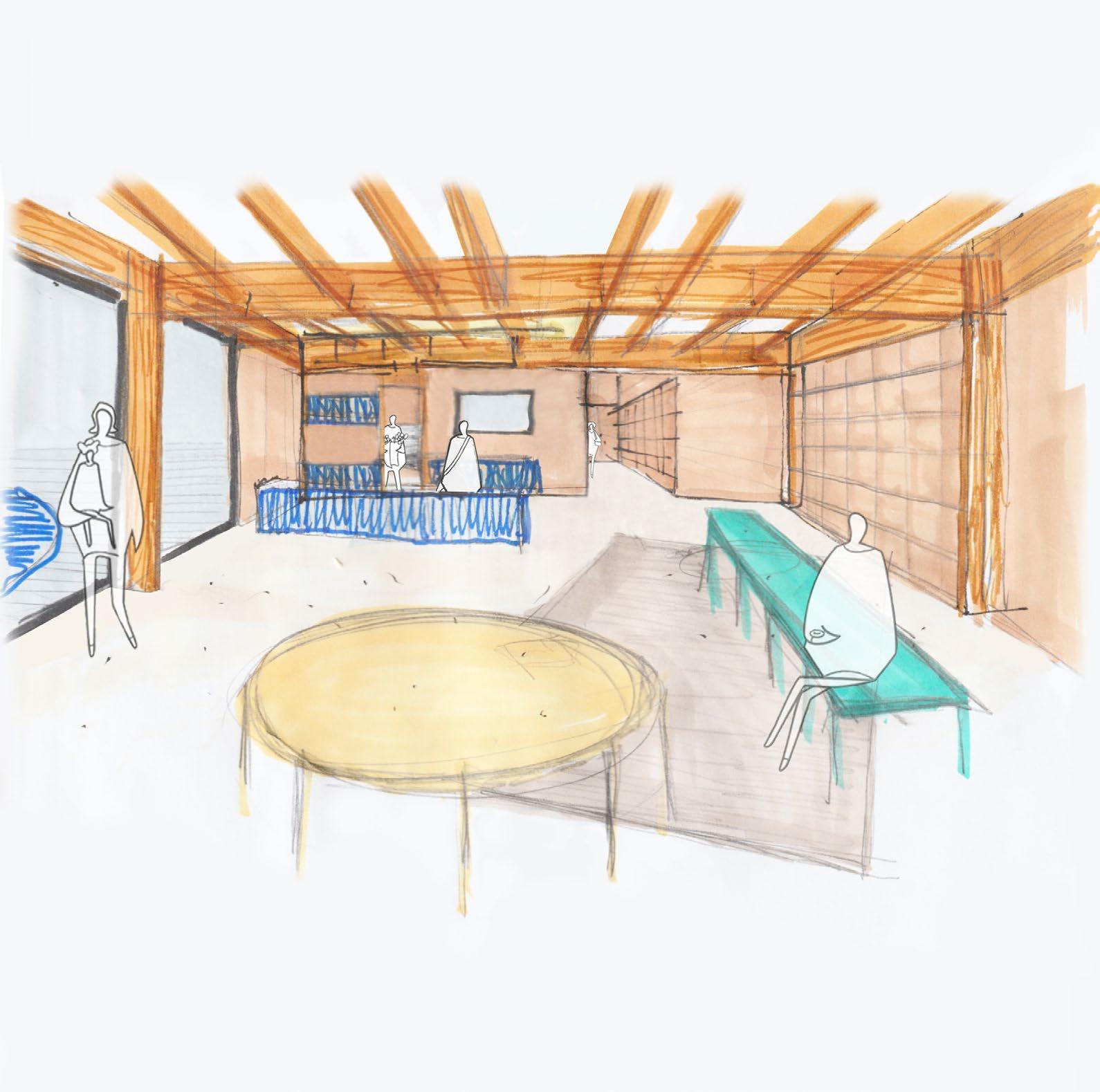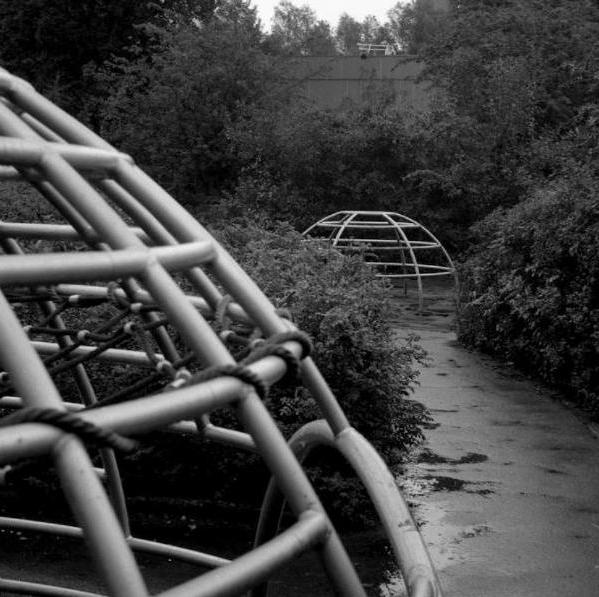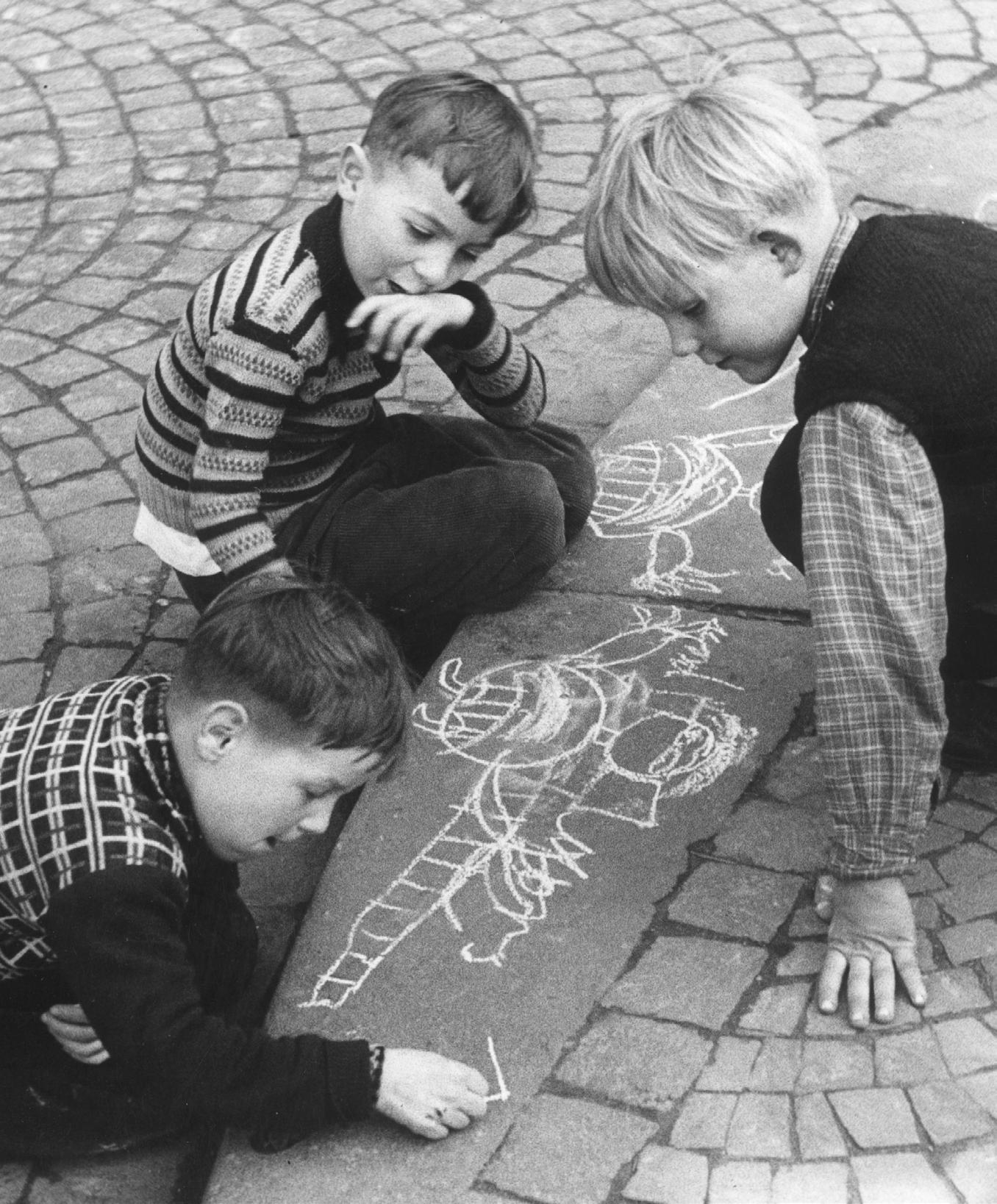THE CONCEPT OF PLAY Everybody play and everybody have played in their childhood. It is indeed the logical path of every human and animal being. We start our lives with play behaviours which helps us forge tools to comprehend our relatives and surroundings. But what is the exact role of play ? [Role of Play] Instinctively, as we play, we feel it is an entertaining and enjoyable activity. But for Huizinga, Play is not only a foolish moment of bewilderment, ‘It is somekind of ritual process which produces a transformative performance’. It helps ordering the state in the mind and ‘acts for health development and self-expression’ (Caldwell, 2011). The process allows sense of achievement while taking risks and questions social interactions. It can also help to educate about problems and conflicts solving, ‘it is both integration and differentiation, a sage place to try out’ (Caldwell, 2011). It creates the interface which makes possible relational, cultural and physical exchanges. It helps the child to develop a sense of identity, and position him in society. But playing is also an ‘act of creation’ as well as a performance of interpretation and abstraction. It helps oneself to escape the reality, creating an utopian and fantastic world. The logic is not consistent enough as way to embrace life as whole, a bit fantasy and dream is needed.
18
| THE CONCEPT OF PLAY
For Huizinga, play retains a primary role of one’s personal and educational development. Huizinga also posits the 3 main characteristics of Play: voluntary, exceptional moment, timely spatial determination. [Voluntary] Play is a voluntary activity part of the essential process of growing-up. It creates the opportunity to transition and connect with other individuals. Play provides a safe space which is universal and instinctive. Conferred by self-determination and free-will, it is the active action to emerge into a novel status of looseness and instability. It allows an experimental sensing and questioning of one’s environment and social relations. As a result, a child develops behavioural and emotional autonomy. The fact it is voluntary and an ‘internally motivated activity tends to make it more likely to be sustained over time’ (Tyssot, 1950). It allows, as Winnicott describes it, a Space for Potentialities which can be approached and gives visitors the responsibility to emerge into this act of Play. The voluntary factor also gives meaning to the playing process. It is a way to introduce decision-making choices in the developmental process as a transformative and powerful tools for the future adult. It is in itself not an end but more a mean to an end seeking its own purpose.


























